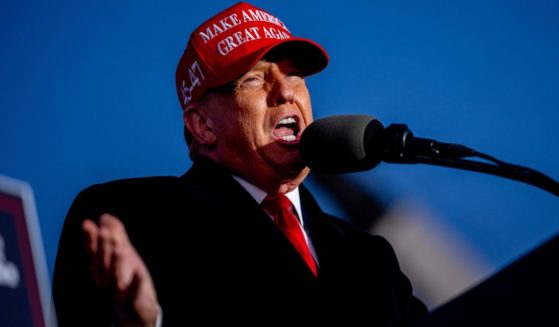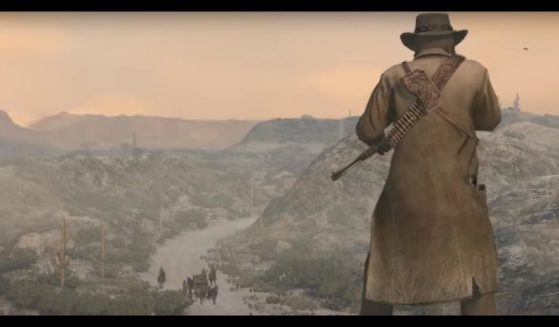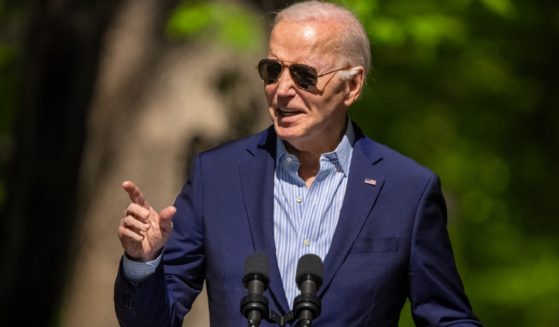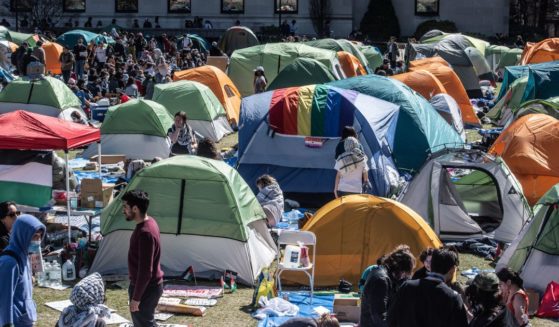The Latest: Protest group says more corpses pulled from Nile
KHARTOUM, Sudan (AP) — The Latest on developments in Sudan (all times local):
4:45 p.m.
A Sudan Health Ministry official says 61 people have been killed across the country since the military launched a deadly crackdown on protesters earlier this week, disputing the death toll of 108 announced earlier by protesters.
Undersecretary of Health Soliman Abdel Gabbar also told reporters in a news conference Thursday that 52 people have been killed in the capital Khartoum over the last three days and two corpses have been pulled from the Nile River in Khartoum.
On Wednesday, the Sudanese Doctors’ Central Committee, a group associated with protesters, said 40 bodies had been retrieved from the Nile with reports of possibly dozens more.
Since Monday’s violent dispersal of the protest sit-in outside the military headquarters in Khartoum, violent clashes have erupted in several parts of the capital and across the country.
___
4:30 p.m.
The African Union says it will impose “punitive sanctions” if Sudan’s ruling military council does not hand over power to a civilian-led transitional authority.
Thursday’s communique by the AU Peace and Security Council was issued shortly after the continental body suspended Sudan from all AU activities over the deadly unrest in the country.
The communique strongly condemns the crackdown that has killed scores of civilians this week and calls for “maximum restraint.”
It also demands “the immediate resumption of negotiations, without pre-conditions, between all Sudanese stakeholders” toward the establishment of a civilian-led transitional authority, which the AU calls the only way to exit the crisis
___
3:50 p.m.
The Sudanese Doctors’ Central Committee says more dead bodies have been pulled from the Nile River in Khartoum in the wake of the military’s crackdown on protesters.
The Doctors’ Committee says in a statement Thursday the exact number of corpses retrieved from the river remains unclear.
The committee, one of the protest groups pushing Sudan’s military council for a transition to civilian rule, reported Wednesday that troops were seen pulling the bodies of 40 victims, slain by security forces, from the Nile and taking them away.
In a statement posted on its Facebook page Thursday, the Doctors’ Committee said three children were among the 108 Sudanese killed in the recent military crackdown. The children were shot in front of their mother inside their house.
___
1:45 p.m.
The African Union’s Peace and Security Council says it’s suspended Sudan’s participation in all AU activities “with immediate effect” over the deadly unrest in the country.
The body posted on Twitter that the suspension will remain until “the effective establishment” of a civilian-led transitional authority, “as the only way to allow the Sudan to exit from the current crisis.”
Thursday’s announcement came as the committee met on the Sudan crisis, a day after new clashes brought the death toll in three days of the ruling military’s crackdown to 108.
The chairman of the African Union Commission, Moussa Fake Mahamat, earlier this week strongly condemned the violence in Sudan and urged the country’s ruling military council “to protect the civilians from further harm.”
___
10:45 a.m.
A top Russian diplomat says Moscow opposes “any foreign intervention” in Sudan, where more than a hundred protesters have died in a military crackdown this week.
Mikhail Bogdanov, chief of the foreign ministry’s Middle East desk, told Russian news agencies on Thursday that a compromise is needed to settle the crisis in the African nation.
He says that Russian diplomats are in touch with all political players in Sudan, including the opposition. Bogdanov visited the Sudanese capital of Khartoum earlier this year.
Russia has largely stayed on the sidelines as Sudanese protesters rallied for months until the military ousted longtime autocrat Omar al-Bashir and took over control.
The protesters, however, remained on the streets, demanding the military hand over power to a civilian authority.
___
10:25 a.m.
Sudan’s pro-democracy leaders are vowing to press their campaign of civil disobedience until the ruling military council is ousted and killers of protesters are brought to justice.
The pledge comes after new clashes brought the death toll in three days of the military’s crackdown to 108. In one of the most shocking moments, troops pulled 40 bodies of the victims from the Nile in Khartoum on Wednesday.
The Sudanese Professionals Association, which was behind months of rallies that drove longtime autocrat Omar al-Bashir from power, asked people to block main roads and bridges on Thursday to “paralyze public life” across the country in retaliation for the military’s crackdown.
The crackdown began with a violent dispersal of the protest movement’s main sit-in camp, outside the military headquarters in Khartoum on Monday.
The Western Journal has not reviewed this Associated Press story prior to publication. Therefore, it may contain editorial bias or may in some other way not meet our normal editorial standards. It is provided to our readers as a service from The Western Journal.
Truth and Accuracy
We are committed to truth and accuracy in all of our journalism. Read our editorial standards.












